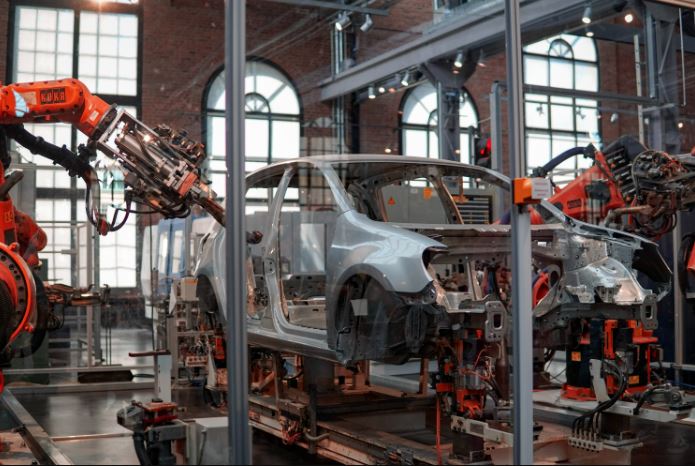The automobile industry’s recent price increases have raised suspicions of unethical practices, with analysts calling attention to the possibility of foul play. Economic and automotive analyst Ali Khizar recently shared photos from a session held by auto parts manufacturers, which highlighted trends in price and material costs in Pakistan between 2018 and today. According to the data, carmakers have increased their prices by as much as 149%, while material costs have gone up by up to 90%, and the local currency has depreciated by 71%.
During the same session, the auto parts manufacturers conducted an interesting analysis of car and bike prices compared to their costs, adjusted to taxes from 2018 to 2023. The data showed that the price of the Suzuki Alto had skyrocketed by 128%, while auto parts prices had increased by 33% to 90%, and the Pakistani rupee had depreciated by 71%. This analysis has raised suspicions of collusion among carmakers, as they seem to be enjoying unreasonable profit margins.
In contrast, the bike industry is thriving, with better competition among bike and parts makers and a consumer surplus. The fuel and car price hikes have contributed to the bike industry’s success, which is likely to continue given the current volatile economic conditions.
Although carmakers have cited various reasons for their price increases, such as COVID-19, expensive raw materials, and increased freight charges, the auto parts manufacturers’ data paints a different picture. This analysis suggests that car prices have risen at a much higher rate than raw material costs, indicating a decline in competition and possible collusion among carmakers. Despite the current state of the automobile industry, the success of the bike industry is expected to continue, with more opportunities for growth and profitability.

